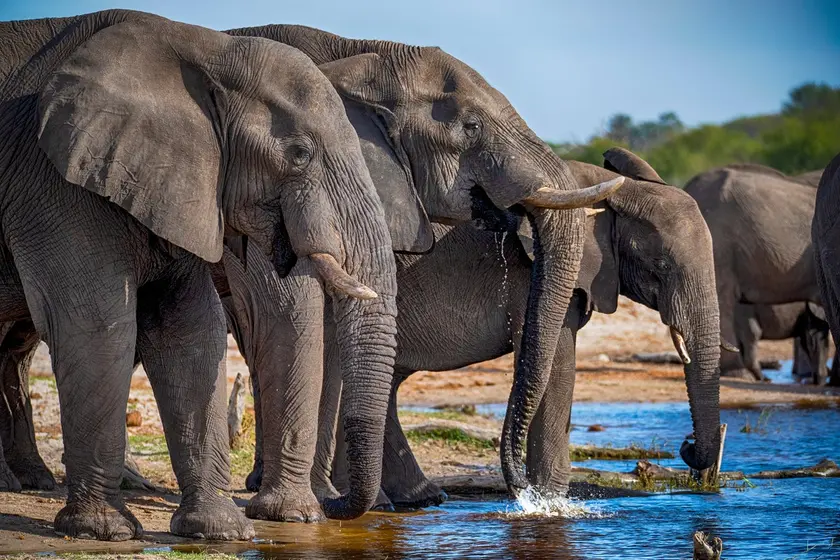T4K3.news
Madeleine Beekman releases new insights on language evolution
Beekman's book explores how caregiving influences the development of human language.
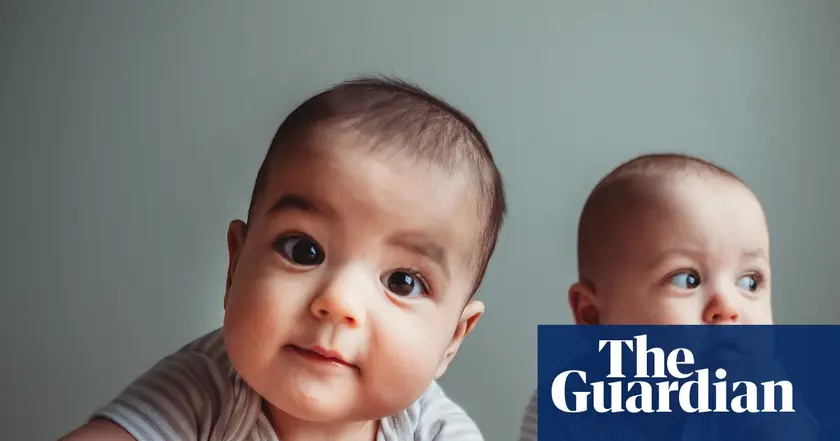
Madeleine Beekman's new book suggests language evolved alongside caregiving in early human societies.
The surprising role of caregivers in the evolution of language
Madeleine Beekman's book presents a theory that language developed in tandem with the need for communal caregiving in early human societies. This idea contrasts with historical narratives that often focus on male-driven dynamics in evolution. Beekman highlights how humans had to rely on groups for childcare and protection, necessitating communication. She argues that while the evolutionary path of our speech is complex and based on circumstantial evidence, the role of alloparents and cooperation in child-rearing was crucial. The book also discusses the shift from extended to nuclear family structures, which she believes could have negative implications for language development, though critics suggest this change may predate her assessment by centuries. Ultimately, Beekman provides a fresh perspective on how language may have emerged, emphasizing the importance of social interaction among caregivers.
Key Takeaways
"We may have made babies with Neanderthals and Denisovans, but I don’t think we had much to talk about."
Beekman reflects on the limitations of communication among early human species.
"It takes a village to raise a child, but as Beekman hints, a village can be constituted in different ways."
This statement emphasizes the importance of various forms of support in child-rearing.
Beekman's approach reexamines the narrative of human evolution by placing a spotlight on collaboration in caregiving. This perspective challenges long-held views that language emerged from male-dominated contexts, instead proposing that communication was vital for early societies where mothers required support. As our understanding of evolution continues to evolve, Beekman's insights may shift how we view social structures and the functions of language, inviting further dialogue about the complexities of human development. It also raises questions about modern family dynamics and their impact on communication skills in today's children.
Highlights
- Language emerged as a communal tool, not a solitary skill.
- Human speech evolved from the cries of caregivers.
- Caregivers, not warriors, are the true heroes in language evolution.
- The family unit’s shape influences how we share knowledge.
Potential backlash against redefined family structures
Beekman's theories challenge traditional views on family dynamics, which may disrupt established beliefs about child-rearing and communication.
The implications of Beekman's views encourage readers to reflect on how our social structures influence communication.
Enjoyed this? Let your friends know!
Related News
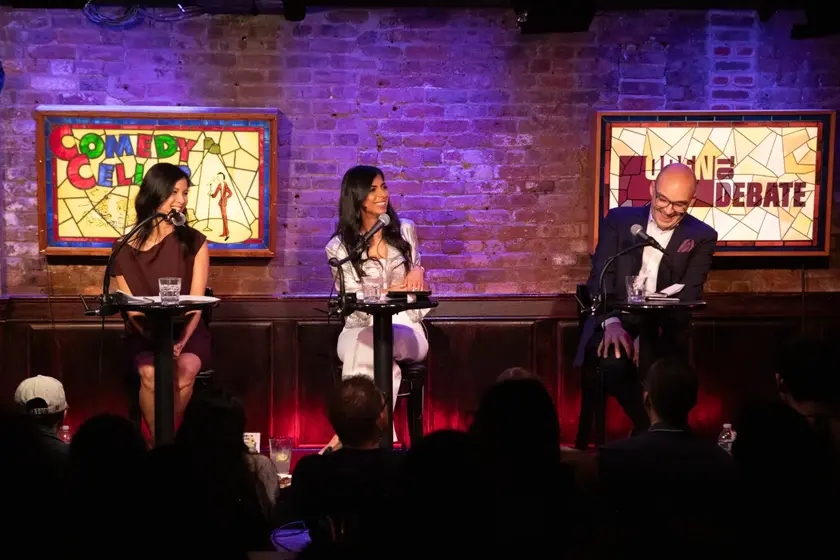
AI companions reshape the concept of love

Jet Set Radio adapted for Game Boy Advance
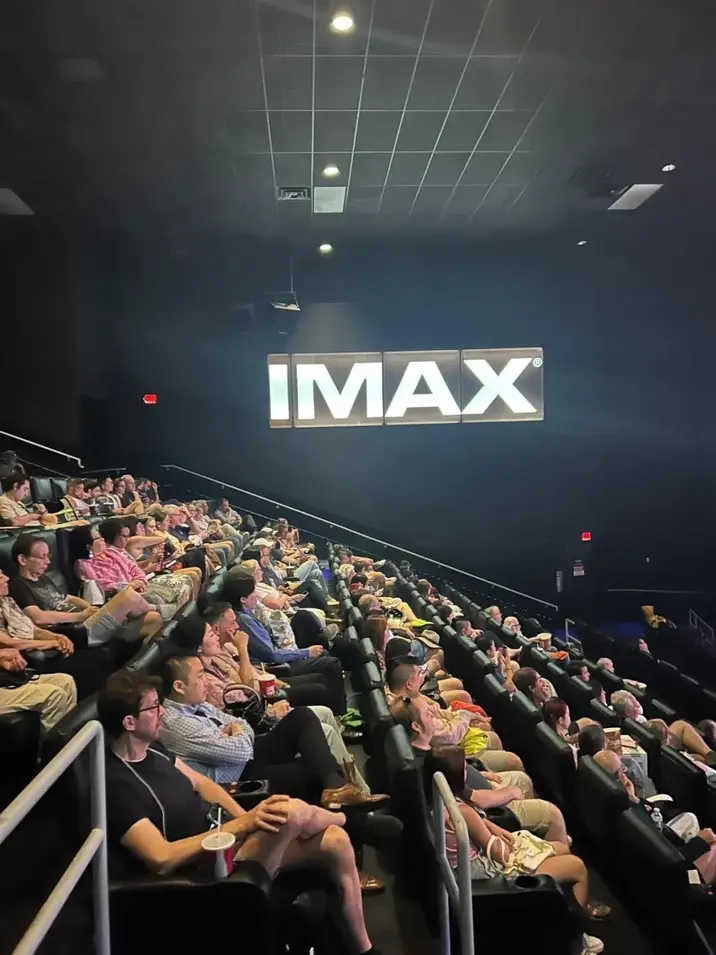
Imax plans for record box office

Milky Way Andromeda collision expected

New Pokémon Legends: Z-A trailer released with Switch 2 bundle

Pokémon TCG launches anticlimactic Unova set

New streaming releases this week
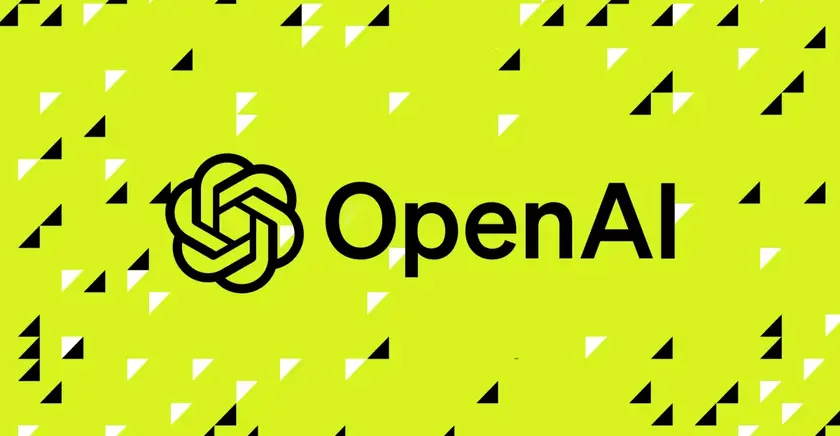
OpenAI to launch GPT-5 in August
